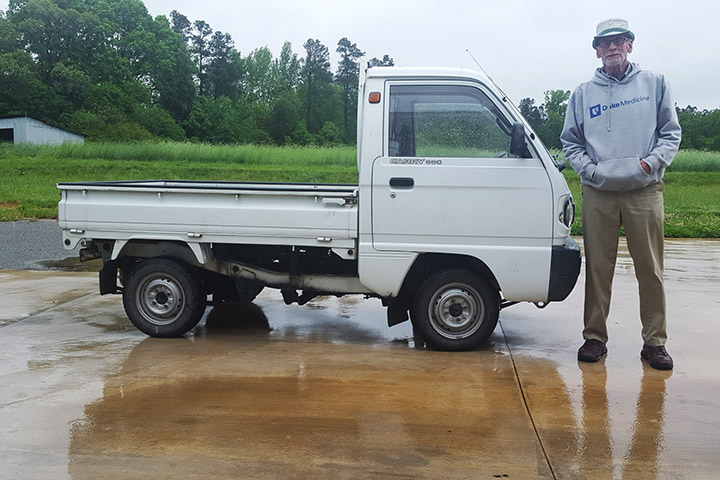Unstoppable Spirit: 5 Inspiring Reasons to Never Give Up

A Journey of Resilience: Overcoming Pancreatic Cancer
In October 2023, I celebrated a significant milestone—one year since my pancreatic cancer diagnosis. It all began in June 2022 when persistent stomach and back pain disrupted my daily life. Initially dismissing these symptoms, I eventually sought medical advice, leading to a series of tests that would change my life forever.
Unraveling the Diagnosis
After months of discomfort, my doctor recommended extensive gastrointestinal testing, including a CT scan and a biopsy. In October 2022, I received the shocking news: I had pancreatic cancer. The CA 19-9 test, which monitors tumor markers, revealed a concerning level of 787—far above the normal threshold of 37. At 67 years old, I faced the daunting uncertainty of my future, unsure if I would celebrate my upcoming birthday.
Chemotherapy and the Whipple Surgery
On December 2, 2022, I began my treatment under the care of Dr. Edward Kim at the UC Davis Comprehensive Cancer Center in Sacramento, California. My regimen consisted of 10 chemotherapy cycles featuring oxaliplatin and irinotecan. Additionally, I utilized a disposable elastomeric pump to administer fluorouracil at home over a 46-hour period. To counteract the chemotherapy’s impact on my white blood cells, I self-injected UDENYCA® every two weeks.
Despite managing various side effects—such as neuropathy, darkened nails, and altered taste—I saw significant progress. By April 2023, my CA 19-9 level had plummeted to 75. Initially thought to be stage IV, my cancer was reclassified as stage III—locally advanced. Encouraged by my response to treatment, Dr. Kim proposed the Whipple surgery instead of radiation. However, surgery was complicated by the tumor’s proximity to a critical blood vessel.
Seeking further guidance, I consulted Dr. Carlos Corvera from UCSF Health, a renowned gastrointestinal surgeon. He agreed to perform the Whipple procedure, which took place on May 22, 2023. The surgery lasted 10 hours and involved the removal of the pancreas’s head, the first part of the small intestine, the gallbladder, and the bile duct. I spent 12 days in the hospital for recovery, during which Dr. Corvera confirmed the successful removal of all remaining cancer.
Celebrating Health and Life
Fast forward to today, I am thrilled to announce that I remain cancer-free and thriving. At 69, I engage in activities I love, like playing golf and traveling—something I managed to do even shortly after my surgery. Reflecting on my journey, I attribute my recovery to a healthy lifestyle devoid of major health issues.
To anyone facing a similar battle, I urge you: do not hesitate to seek medical help and always consider getting a second opinion. For those newly diagnosed with pancreatic cancer, remember this: “Don’t lose hope. With the advancements in medical science, overcoming cancer is within reach.”
If you’re interested in learning more about cancer treatments and support, explore resources from Cancer.gov or connect with local support groups that provide guidance and community for those affected by cancer.






